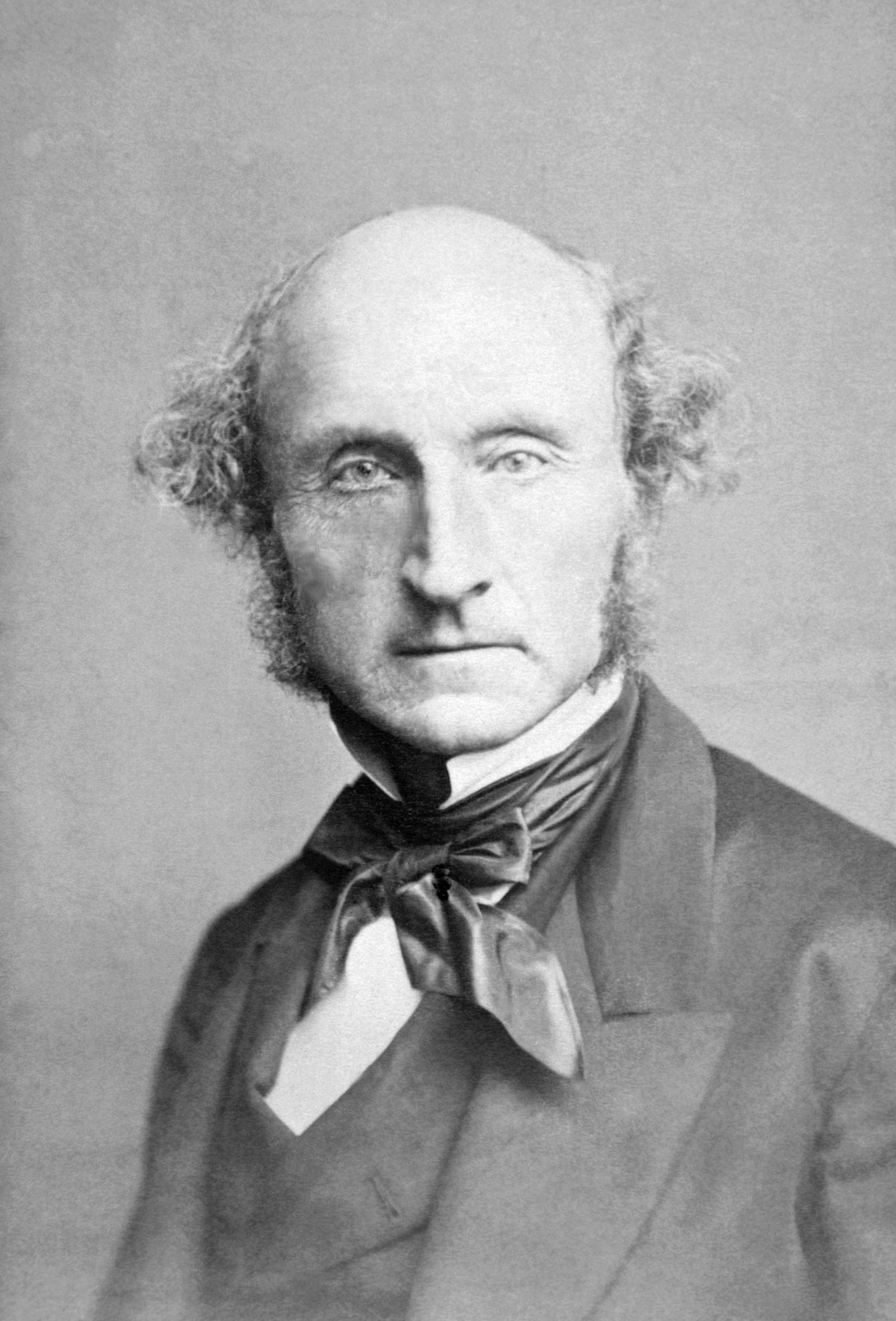Mill, John Stuart (1806-1873), was an important British writer and utilitarian philosopher. Utilitarianism is the belief that the ultimate goal of public policy should be to promote the general happiness. Mill modified and expanded upon the principles of earlier utilitarian thinkers, including his father—James Mill—and Jeremy Bentham. He worked closely with his wife, Harriet Taylor Mill.

Mill became the leader of the utilitarian movement after the death of his father in 1836. He combined ideas from other schools of thought and transformed utilitarianism into a more liberal philosophy. He argued that adults should be free to think or do anything as long as they do not harm others. He believed in equal rights for men and women. He defended the idea of a free-market economy but believed in reforming private property laws to promote a more equal distribution of wealth.
Mill’s best-known writings include A System of Logic (1843), Principles of Political Economy (1848), On Liberty (1859), Considerations on Representative Government (1861), Utilitarianism (1861), and The Subjection of Women (1869). His Autobiography (1873) was published after his death.
Mill was born on May 20, 1806, in London. He was educated by his father, who taught him such subjects as classical literature, logic, mathematics, and political economy. At 17, he went to work for the East India Company. He served in Parliament from 1865 to 1868. He died on May 8, 1873.
